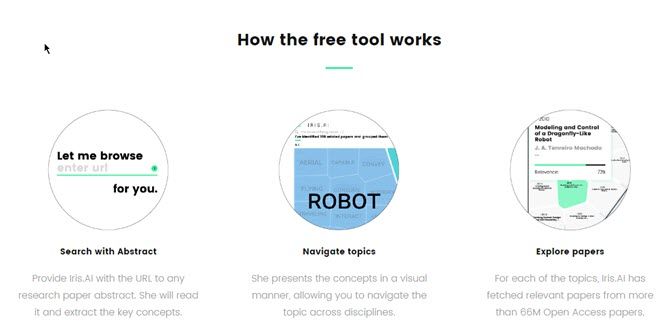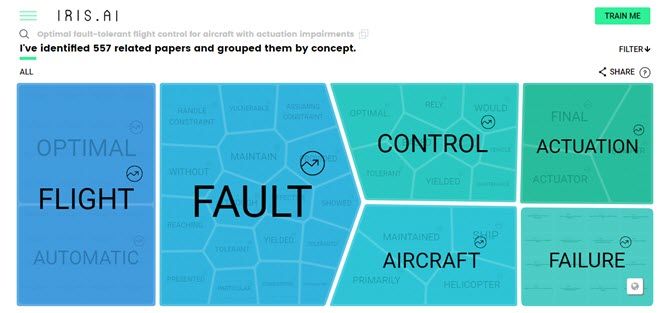The web has brought scientific knowledge at our fingertips. But how do you make sense of it all? How can you even begin to understand complex papers without the requisite education and training?
Call upon the aid of artificial intelligence and meet Iris.AI. It's a tool that gives you a shortcut to all the science that's out there on the web. It acts as a science assistant and makes sense of any openly available scientific paper you come across.
What Is Iris.AI All About?
The goal of Iris.AI is to make scientific research simpler for people in all walks of life. You could be a PhD student or an entrepreneur, but either way there's no way you can trawl through the millions of open-access scientific papers published every year and make sense of the research within them.
You might also fail to connect the concepts in one paper to other concepts in others. Even the smartest and best-equipped human brain just isn't powerful enough.
You can run the tool in two ways:
- Paste the URL of a TED Talk.
- Paste the URL of a scientific paper.
Iris makes research a lot simpler. It identifies key points in the abstracts of a paper. The algorithm then organizes concept maps with the key points. And finally, it gives you access to the most relevant research papers which it groups by the concepts.
The concept map is a visualization which you as the researcher can use to get a bird's eye view of the topic. And then, you can dive deep into it browsing to the most relevant among the 66 million open access research papers that Iris can crawl through.
Boost Your Search for Connected Ideas
Iris is not limited to one specific scientific field unlike many other AI technologies. It is young and is still being developed but the usefulness of the tool is clear. The tool can be a search engine for connected ideas and help even a non-scientist make sense of the data and perhaps use it in an innovation. The right kind of artificial intelligence can save you time.
Try out the still-developing science assistant and tell us if it helps you read and understand research better.
Image Credit: ESB Professional via Shutterstock



